Failing energy grids in Johannesburg. Climate refugees in Kerala. Dying coral reefs off the coast of Denmark. The list of challenges in many Fellows' local communities is long. But for each of the challenges listed here, and dozens more besides, the young participants of beVisioneers’ Regional Summits brought back ideas for solutions. With the support of beVisioneers, the environmental innovators are now putting their solutions into action. Since January, Mercedes-Benz has been funding the program by way of charitable donations to the non-profit organization, The DO School Fellowships. As the donor of beVisioneers, Mercedes-Benz was invited to meet-and-greet sessions at all three Regional Summits, which took place earlier this month in Stuttgart, Germany; Pune, India; and Johannesburg, South Africa. It was a great opportunity for us to experience the energy and dedication of the first 100 fellows, to learn about their projects, experience their “community building” first-hand, and to discover at least one thing they and Mercedes-Benz have in common—a pioneering spirit!
,xPosition=0,yPosition=0.5)
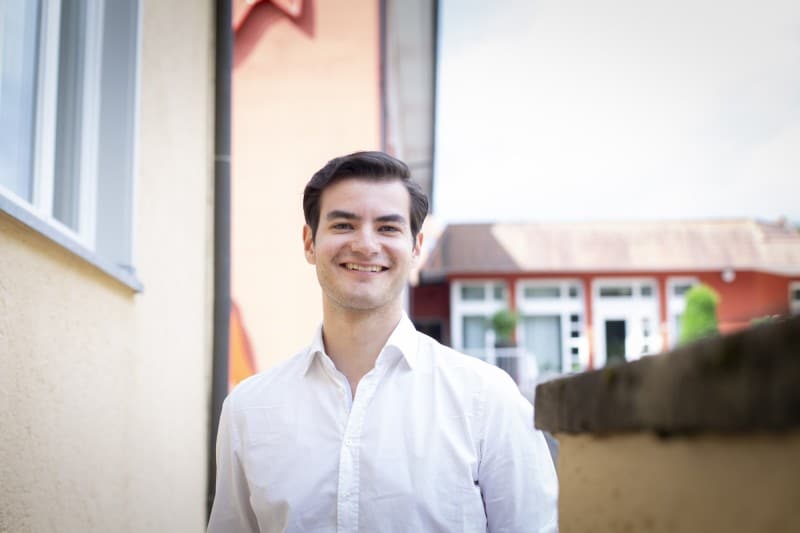
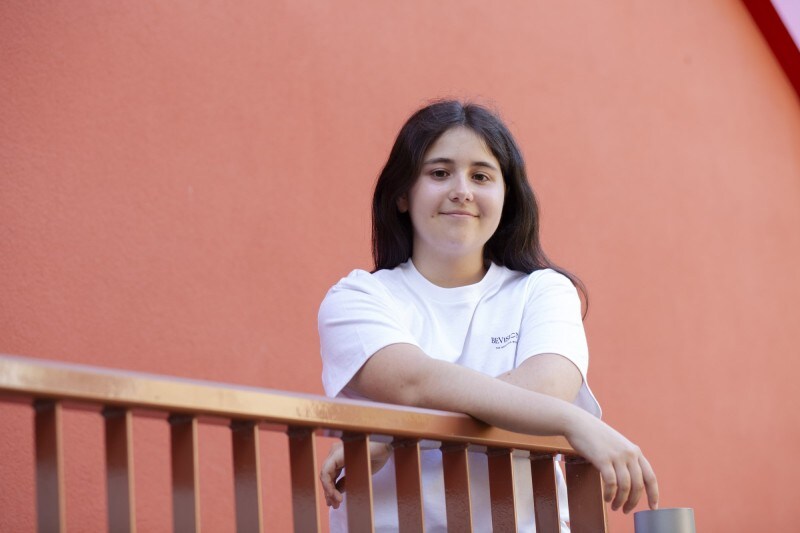
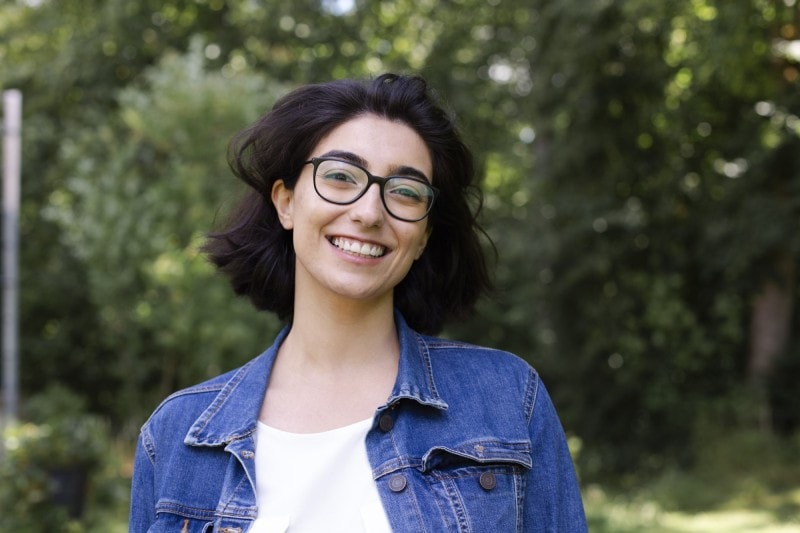
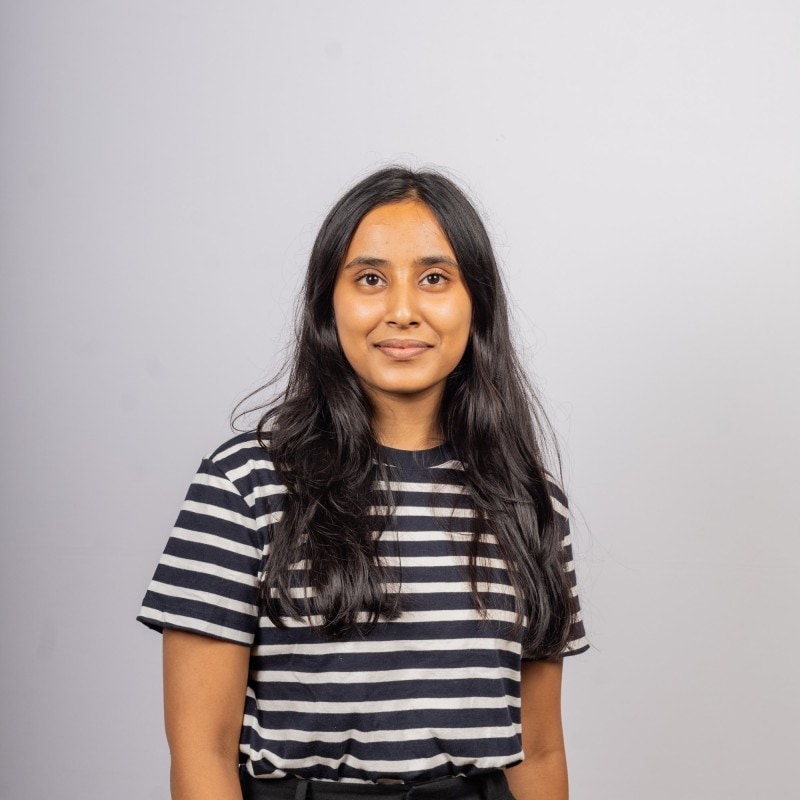
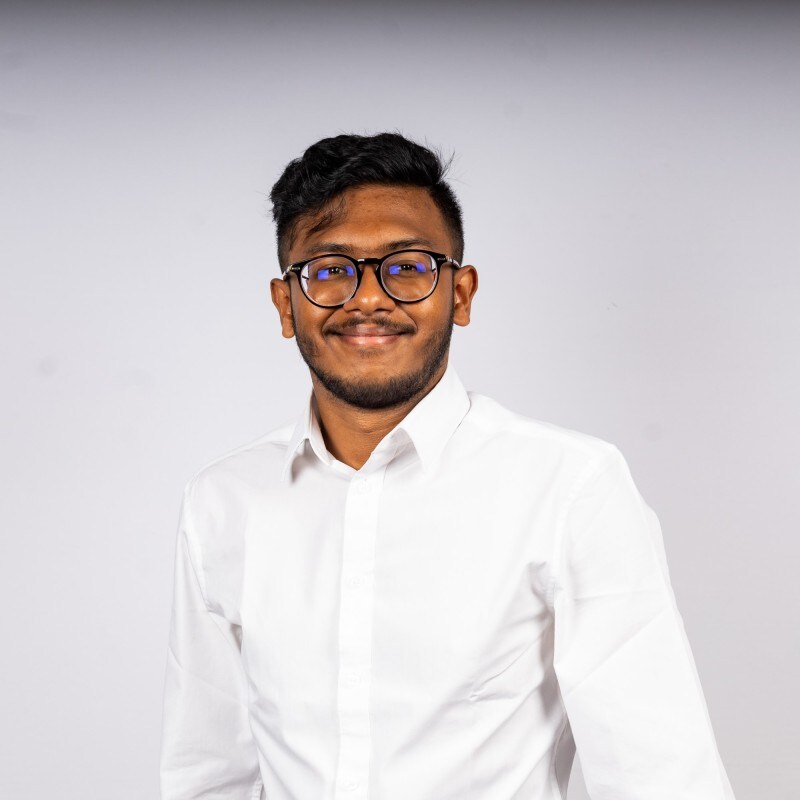
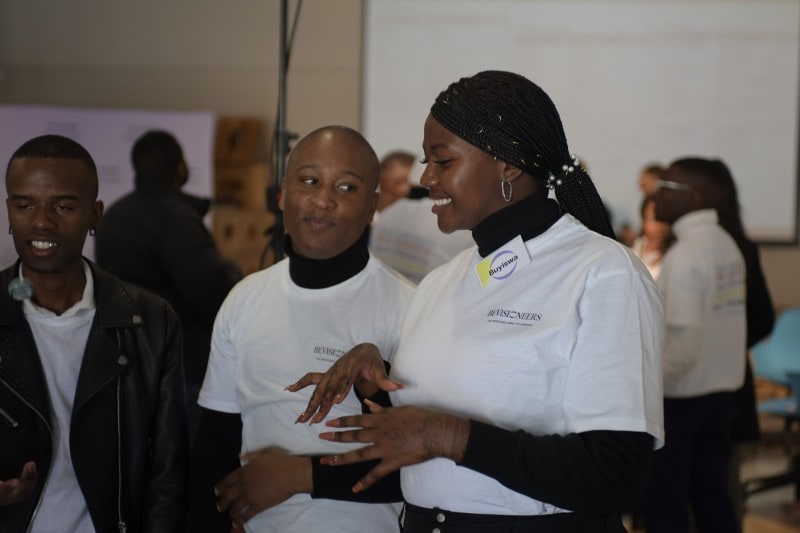
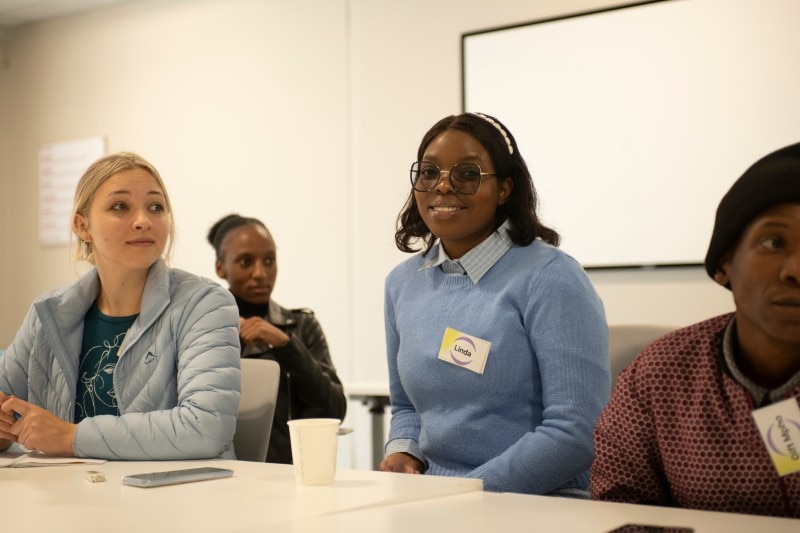
,xPosition=0.5,yPosition=0)
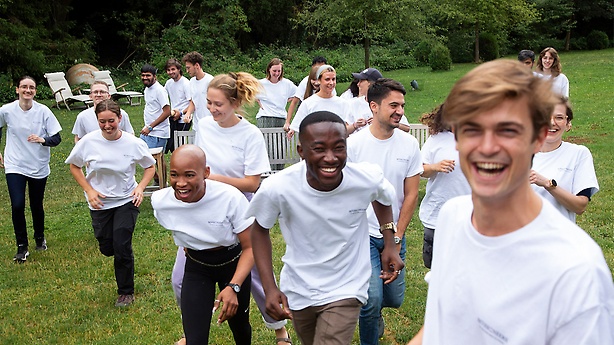,xPosition=0.5,yPosition=0)